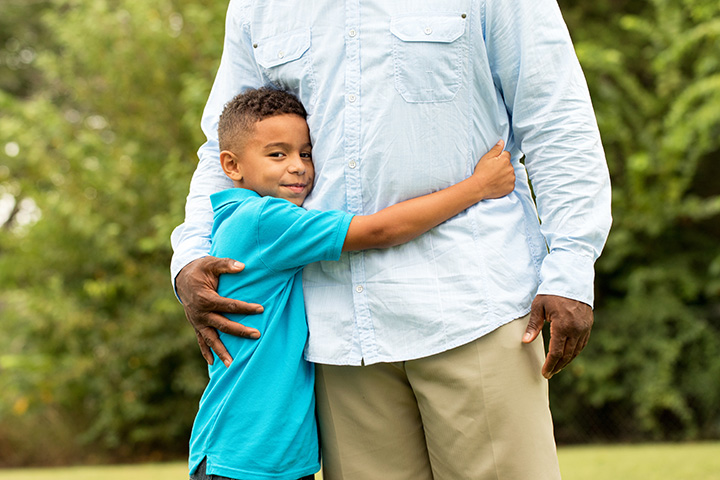A national survey of youngsters conducted by Highlights magazine suggests kids are looking for more from parents and other adults as role models, and it’s serving as a call to action.


A national survey of youngsters conducted by Highlights magazine suggests kids are looking for more from parents and other adults as role models, and it’s serving as a call to action.
The popular children’s magazine polled 2,000 kids ages 6-12 from across the country about their perceptions of kindness and other issues.
“We asked kids—the world’s most important people: What messages are they hearing from their parents and other adults in their lives about the importance of kindness?” according to the magazine’s “The State of the Kid 2017” report.
“Are they learning that adults value caring behaviors? Do kids witness their parents or other adults behaving rudely, and, if so, how does it make them feel? Does our next generation understand what it means to be empathetic?”
The results speak volumes.
The majority of children polled (68%) said they have watched their parents or other adults acting unkindly or saying mean things, mostly in the car (36%), on the phone (27%), and watching TV (24%).
Of those respondents, a total of 93 percent said they had negative reactions to the experience. Roughly half said they felt uncomfortable, while 43 percent were sad, 33 percent were scared, and just over a quarter were confused. Others were surprised, or angry, while small percentages were entertained, or felt safe or proud.
Highlights also asked students whether their parents think being happy, doing well in school, or being a kind person is most important. Forty-four percent of kids said their parents most want them to be happy, 33 percent said their parents want them to excel at school, while only 23 percent reported kindness as the top priority.
The data suggest that parents and other adults, the lead role models, could do better.
Research from the Institute of Advanced Studies in Culture makes it clear there’s a lot at stake, as family and the surrounding community play a crucial role in the lives and character development of children.
The Institute’s “Culture of American Families” report concluded:
In formation, it is the culture and the community that gives shape and expression to it that is the key. Healthy formation is impossible without a healthy culture embedded within the warp and woof of family and community.
The healthy formation requires parents and other adults to take responsibility for their failures, to encourage children to live up to the same high standards they hold for themselves.
Harvard University’s Making Caring Common Project offers an excellent starting point, with a list of parenting tips that can help parents take action to rebuild a healthy culture in their family and community.